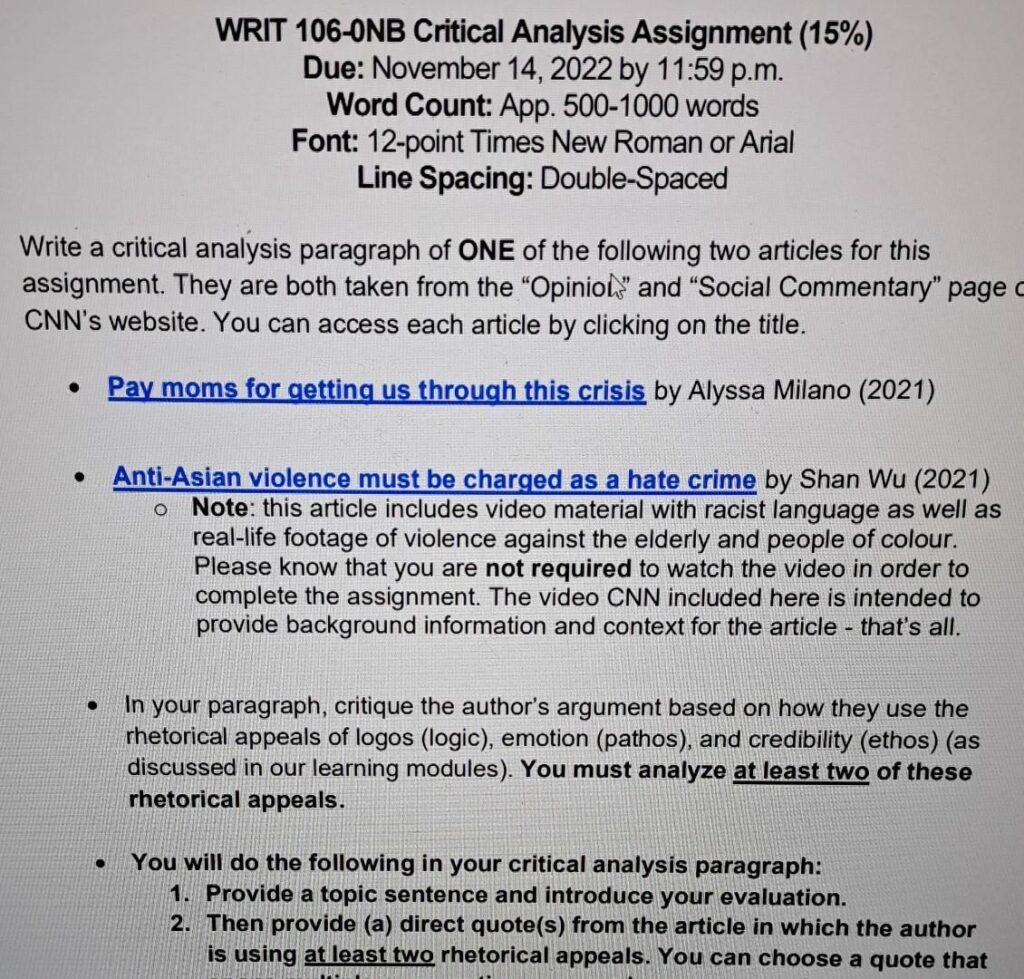Judicial Resistance and Forced Deportations: Unpacking the Trump Administration’s Immigration Controversy
The Trump administration’s decision to forcibly deport numerous immigrants to South Sudan, despite a federal court injunction prohibiting such actions, has sparked significant alarm among legal experts and human rights advocates. This defiance not only challenges the authority of the judiciary but also places vulnerable individuals at grave risk. As debates intensify over immigration enforcement strategies, critics warn that this disregard for judicial rulings could set a dangerous precedent undermining both legal standards and ethical obligations.
Legal Conflicts Amidst Contentious Immigration Enforcement
Recent developments reveal a troubling pattern where executive actions appear to sidestep explicit court orders. Although a federal judge issued an injunction halting specific deportations, government officials proceeded with sending immigrants—many escaping violence and instability—back to South Sudan, a country still struggling with ongoing conflict and humanitarian emergencies. This blatant circumvention raises serious concerns about adherence to the rule of law within immigration policy implementation.
Advocacy groups defending immigrant rights have strongly condemned these measures, emphasizing the critical importance of respecting judicial mandates designed to protect individuals from unjust removal. Beyond endangering personal safety, such actions risk eroding public trust in institutions tasked with ensuring due process.
- Threats to Human Rights: Deportees face exposure to life-threatening conditions upon return.
- Diminished Judicial Authority: Ignoring court decisions weakens essential checks and balances in democratic governance.
- Potential for Social Instability: These policies may inflame tensions both domestically and internationally.
The implications extend far beyond individual cases; they reflect an alarming trend where executive priorities override established legal frameworks—a development warranting close scrutiny as it unfolds across courts nationwide.
The Human Impact: Consequences for Immigrant Communities and U.S.–South Sudan Relations
This forced repatriation disproportionately affects immigrants fleeing severe hardships such as armed conflict, economic deprivation, or political persecution in their countries of origin. Many deported individuals confront uncertain futures amid South Sudan’s persistent instability marked by sporadic violence affecting millions since its independence in 2011.
This approach overlooks vital humanitarian considerations while disrupting immigrant communities within the United States—groups that contribute significantly not only economically but culturally as well. Their removal threatens social networks crucial for community resilience across American cities where immigrant labor supports diverse sectors ranging from agriculture to technology industries.
The diplomatic fallout is equally consequential; returning deportees under these precarious conditions strains relations between Washington and Juba (South Sudan’s capital). Key concerns include:
- Deteriorated Diplomatic Standing: U.S. policies may be perceived as disregarding South Sudanese citizens’ struggles during sensitive nation-building phases.
- Sociopolitical Destabilization: An influx of returnees risks exacerbating ethnic conflicts or resource shortages already challenging local governance structures.
- Heightened International Scrutiny: Global human rights organizations are likely to criticize America’s commitment toward upholding universal protections amid these practices.
| Affected Area | Description |
|---|---|
| Humanitarian Consequences | Elevated vulnerability due to exposure upon return into conflict zones |
| Cultural & Social Disruption | Erosion of cohesion within immigrant populations contributing socially & economically across U.S communities |
| Bilateral Relations Strain | Tensions potentially hindering cooperation on regional security initiatives and aid programs in East Africa region |
A Call for Justice: Promoting Accountability & Compassionate Reform in Immigration Policy
This overt violation of judicial directives highlights an urgent need for accountability alongside comprehensive humanitarian strategies aimed at safeguarding displaced persons’ welfare. The administration’s approach exposes systemic challenges faced by vulnerable migrants caught between shifting political agendas and fragile international protections against forced returns into harm’s way—especially pertinent given recent UNHCR data indicating over two million internally displaced persons remain unsettled within South Sudan alone (as reported early 2024).
Civil society organizations are mobilizing through awareness campaigns designed to pressure policymakers—from local authorities up through federal agencies—to uphold existing laws protecting asylum seekers’ rights while addressing root causes driving global migration.
Key priorities include:
- Upholding Legal Mandates : Ensuring strict compliance with judiciary rulings without exceptions or delays . li >
- Meeting Urgent Humanitarian Needs : Rapid deployment of resources toward safe housing , healthcare , psychological support , particularly targeting those returned under duress . li >
- Enhancing Public Advocacy : Fostering grassroots activism coupled with media coverage that humanizes statistics encourages empathy leading toward meaningful policy reform . li >
| Focus Area | Expected Outcome |
|---|---|
| Strengthening judiciary credibility against executive encroachment | |
Navigating Ahead: Legal Precedents & Safeguarding Immigrant Rights Moving Forward
The Trump administration’s decision to bypass court orders by expelling immigrants into volatile settings like South Sudan presents profound ethical dilemmas alongside pressing questions about maintaining separation-of-powers balance within U.S governance.
This contentious episode underscores that immigration enforcement must balance national security interests with humane approaches aligned with international law obligations.
As litigation continues throughout multiple jurisdictions during 2024—and advocacy efforts gain traction—the resulting precedents will likely influence future immigration jurisprudence substantially.
Ultimately,the goal remains clear: securing fair treatment ensuring no individual is forcibly returned into perilous circumstances contrary both domestic statutes & global refugee protection conventions worldwide.

